
OR
Unilateral move to alter border demarcation not acceptable: Nepal
Published On: November 7, 2019 07:27 AM NPT By: Republica | @RepublicaNepal
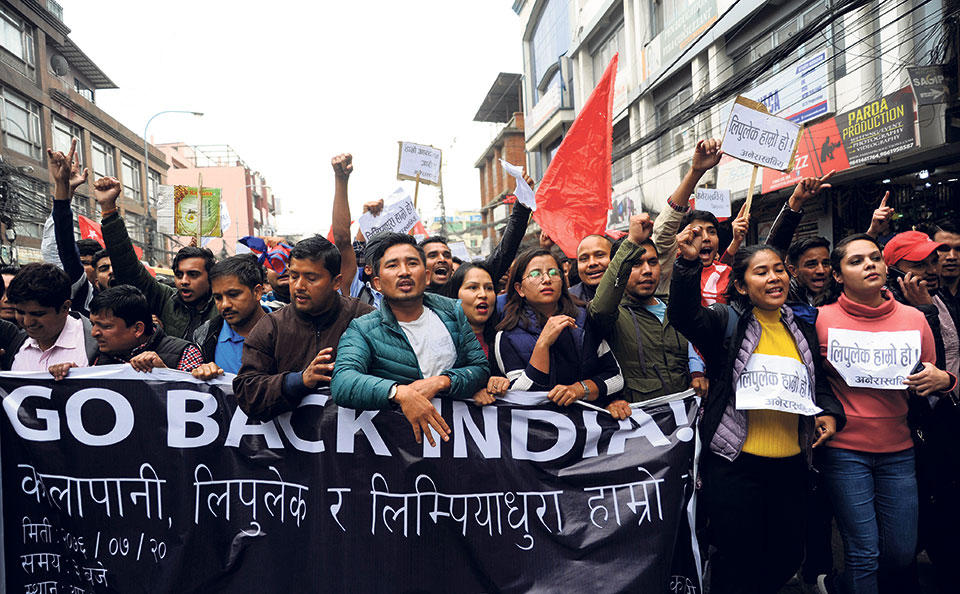
KATHMANDU, Nov 7: Nepal has said that any unilateral decision to change border demarcations would not be acceptable after a new political map released by the Indian government last week continued to include Kalapani and Lipu Lekh – at the tri-junction point between Nepal, India and China – in Indian territory.
The Ministry of Foreign Affairs (MoFA) in a statement on Wednesday said that outstanding boundary issues should be resolved in consensus, after the Survey General of India released its new political map on October 31 to reflect changes in the status of Jammu and Kashmir following the abrogation of Article 370 of the Indian constitution.
Nepal and India during the third meeting of their Joint Commission held in 2014 had agreed to direct the Foreign Secretaries to work on the outstanding boundary issues, including Kalapani and Susta, with technical inputs from the Boundary Working Group. The Nepali side has been repeatedly expressing its desire to resolve all outstanding boundary issues including Kalapani, Lipulekh and Susta.
The official statement from MoFA comes days after the new Indian political map caused a public outcry, with student bodies taking to the street and senior political leaders urging the government to take diplomatic initiatives to resolve matters. “Nepal government is clear that remaining outstanding boundary issues should be resolved through mutual consensus and any unilateral decision won’t be acceptable,” a MoFA statement said on Wednesday.
Although the controversy over inclusion of Kalapani as Indian territory has surfaced again this week, Indian political maps have continued to put these territories in its side of the border almost since the 1960s. In an interview with BBC Nepali Service, Surveyor General of India Lt Gen Girish Kumar argued that this was not something that India had done for the first time.
“We’ve been using this map for a few decades. Almost since the partition of India. Speaking of maps, this time we have not made the map of the country’s border changed,” the BBC quoted Kumar as saying.
With people taking exception to the new Indian political map and increasingly questioning the government’s resolve to safeguard Nepal’s territory, the MoFA statement further said that the government is committed to safeguarding its international border and is firm in its belief that the border issues between the two countries should be resolved through diplomatic channels on the basis of historical documents and evidence.
In the BBC interview, Indian Surveyor General Kumar has implicitly accepted the existence of boundary issues. “Nepal does not have to accept what we are saying. But we have the right to say what we believe,” he said when asked about Nepal’s position that Kalapani belongs to it.
It may be recalled that Nepal had objected to an agreement reached between India and China during the visit of Indian Prime Minister Narendra Modi to China in 2015 to boost trade through the Lipu Lekh Pass without Nepal’s involvement. Nepal maintained that it was against international norms and values to make such an agreement when Nepal and India are yet to resolve outstanding boundary issues.
Foreign affairs experts in Kathmandu have suggested the government ask India not to put out any map that alters the status quo until this issue is resolved bilaterally through the proposed foreign secretary-level mechanism, if not from the highest political level.
“There is enough evidence that Nepal’s westernmost boundary with India goes beyond the areas of Lipulekh and Kalapani inside Nepal’s territory,” said former foreign secretary Madhu Raman Acharya. “Nepal should ask India to withdraw any map that alters the status quo unilaterally until the boundary issues are resolved bilaterally.”
You May Like This
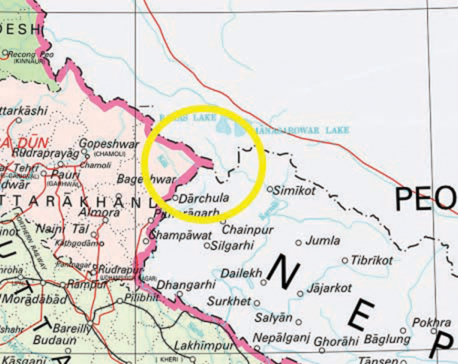
Reclaiming our land
The Indo-Nepal border dispute at Limpiyadhura, Lipulekh and Kalapani is getting intense. Nepali Congress President Sher Bahadur Deuba has accused... Read More...
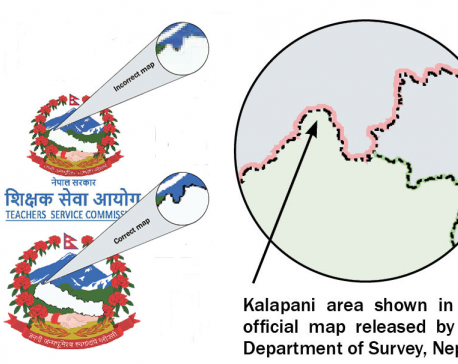
Reissue Nepal's map that includes Limpiadhura: House committee directs govt
KATHMANDU, Nov 12: The State Affairs Committee (SAC) of the House of Representatives (HoR) has directed the government to issue a... Read More...

Amid growing protest over Kalapani map PM calls all-party meet
KATHMANDU, Nov 9: In an attempt to build national consensus on how to pressure India to revise its recently released... Read More...



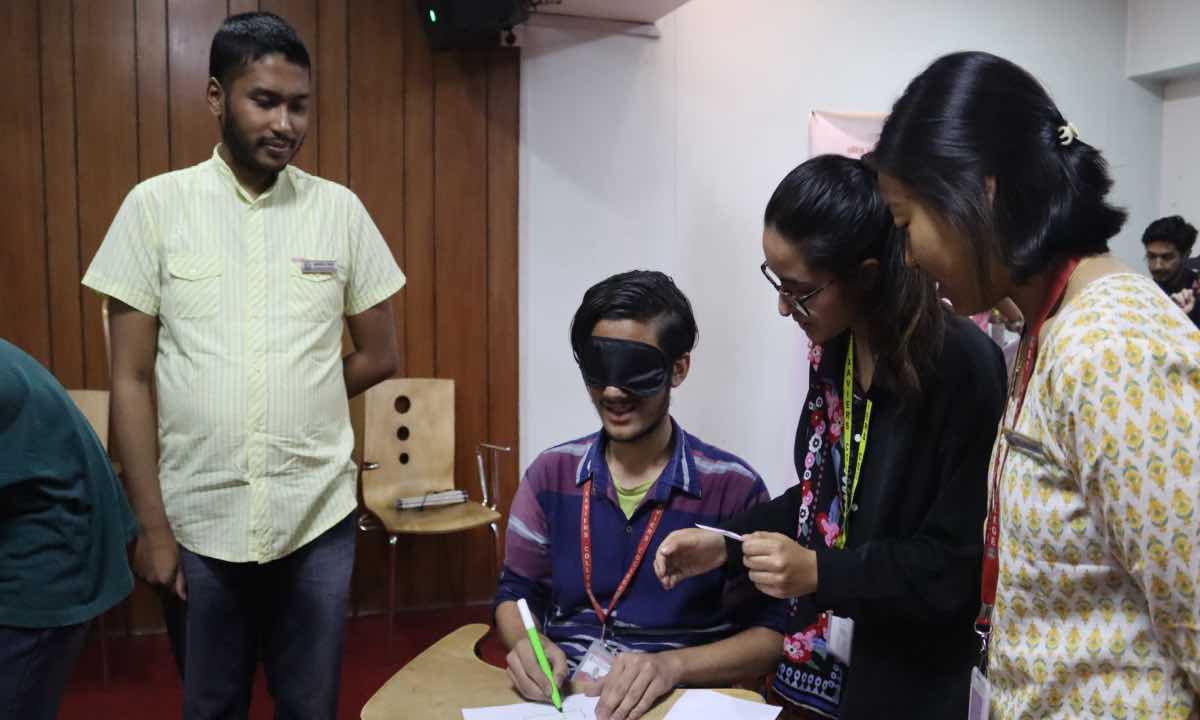

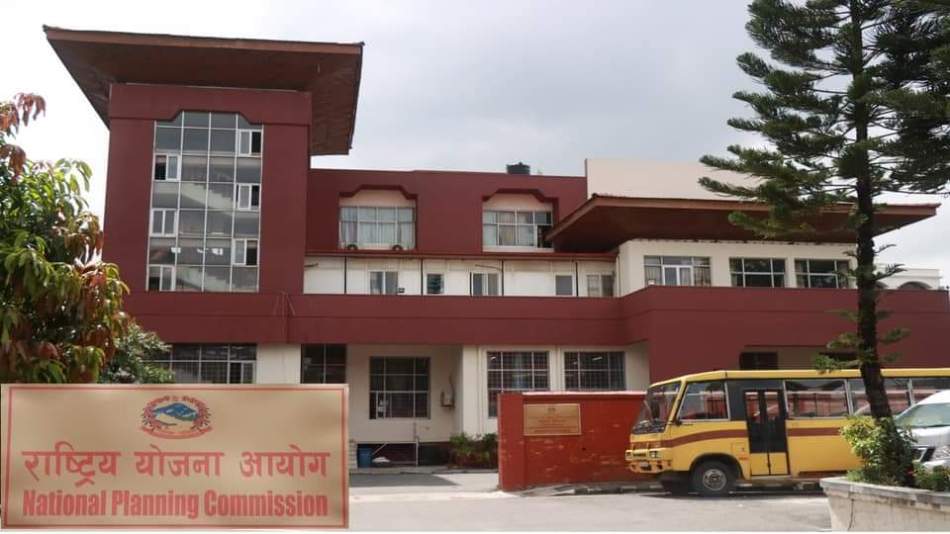

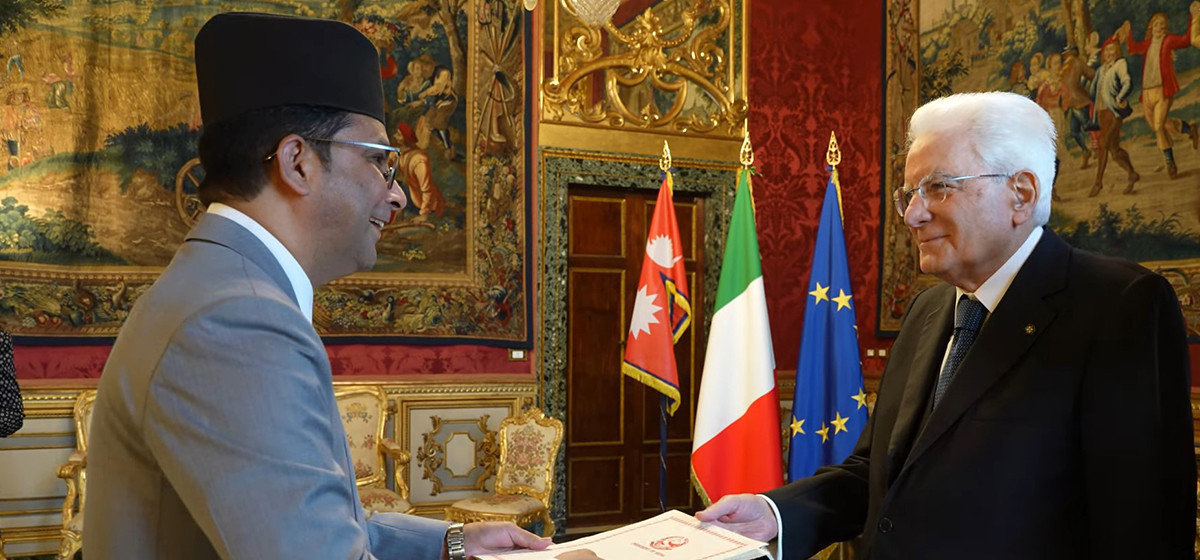
Just In
- Chain for Change organizes ‘Project Wings to Dreams’ orientation event for inclusive education
- Gold price decreases by Rs 200 per tola today
- National Development Council meeting underway
- Meeting of Industry, Commerce, Labor and Consumer Welfare Committee being held today
- Nepali announces cricket squad under captaincy of Rohit Paudel for series against West Indies 'A'
- Partly cloudy weather likely in hilly region, other parts of country to remain clear
- Nepal’s Non-resident Ambassador to Italy presents Letter of credence to President of Italy
- 104 houses gutted in fire in Matihani (With Photos)







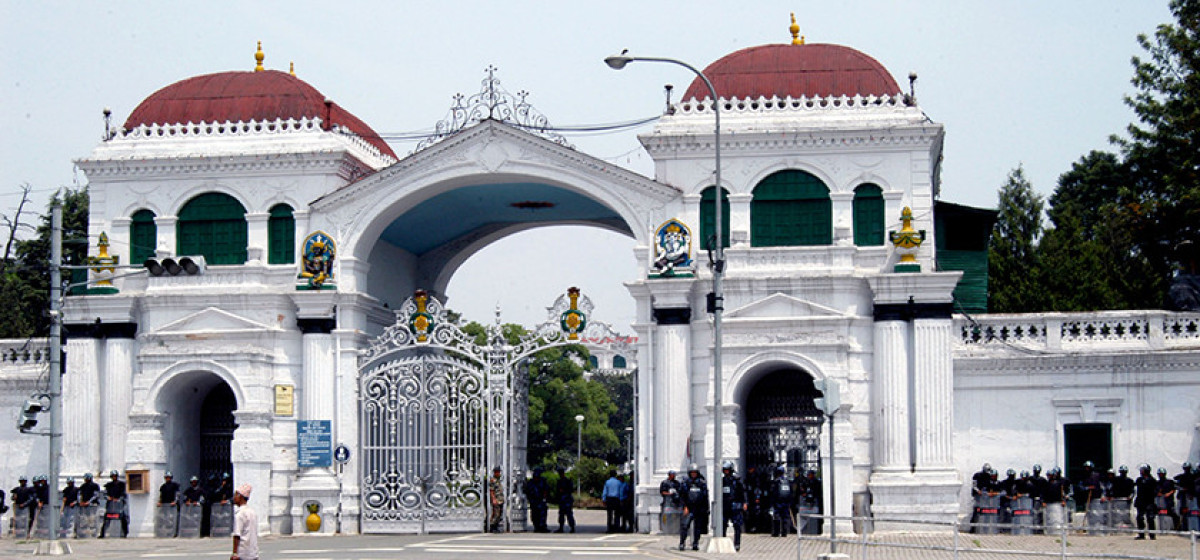
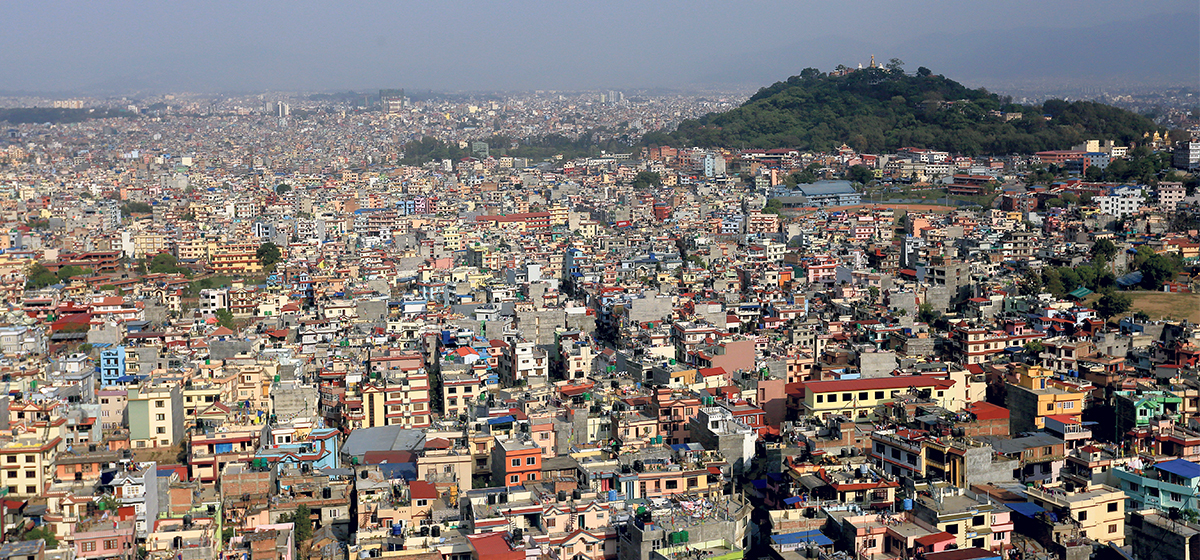

Leave A Comment